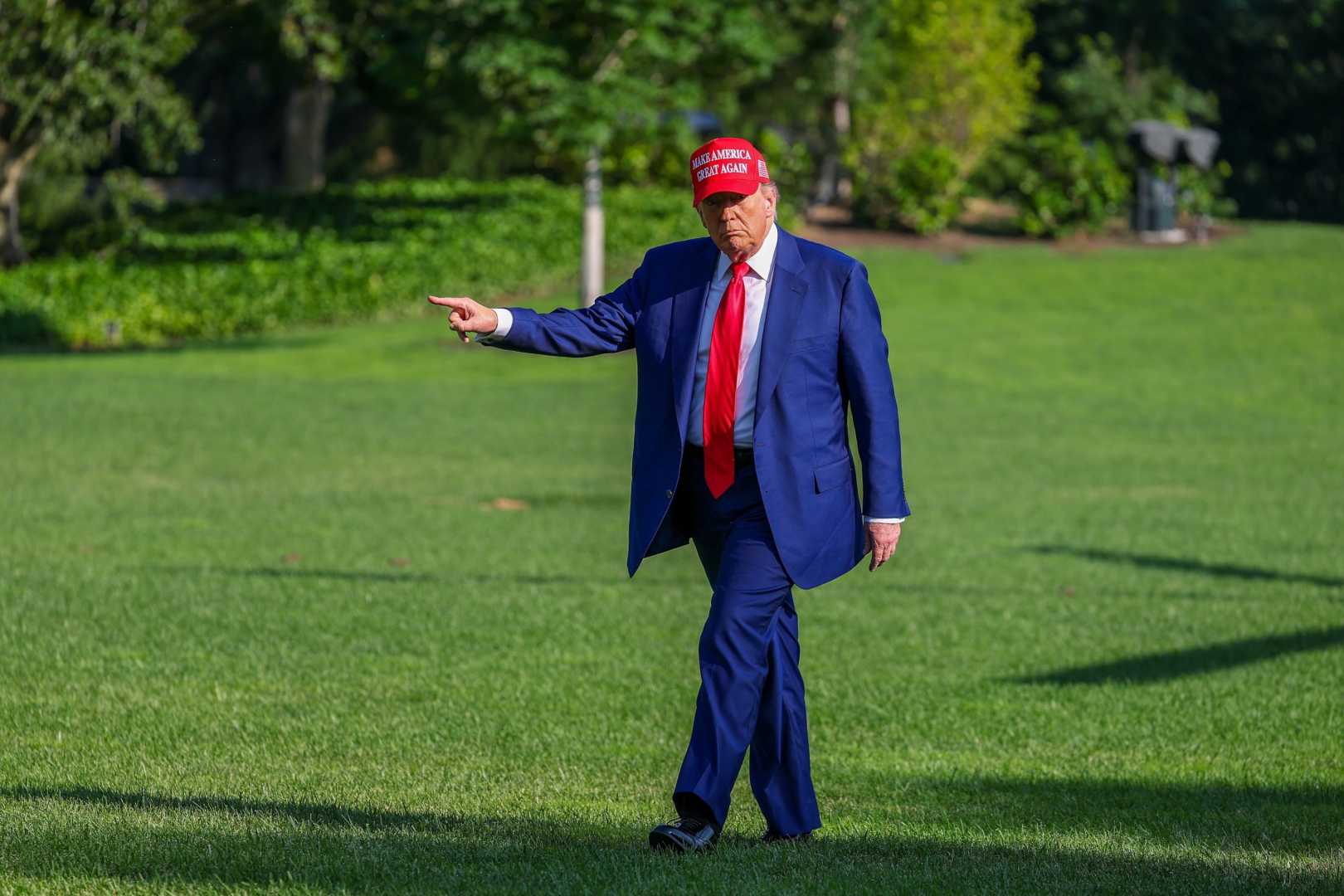Politics
Trump’s Iran Strikes Spark Bipartisan Congressional Debate

WASHINGTON — President Donald Trump ordered airstrikes on three Iranian nuclear sites early Sunday, leading to immediate debate in Congress over his authority to launch such military action. The strikes targeted facilities at Fordo, Natanz, and Isfahan, with the Pentagon’s Defense Secretary Pete Hegseth claiming they “devastated the Iranian nuclear program.” The precision strikes came without full congressional consultation, prompting concerns among lawmakers.
Key Republican leaders, including House Speaker Mike Johnson and Senate Majority Leader John Thune, were briefed before the action, while Democratic leaders like Senate Minority Leader Chuck Schumer received only minimal notification. Senator Jim Himes, a leading Democrat on the House Intelligence Committee, expressed his frustration in an interview, stating that he learned about the strikes through social media. “This is uncomfortable for the ranking member of the Intelligence Committee,” he said.
The unilateral approach has deepened existing political divides as Congress prepares to vote on a war powers resolution that would require any further military action against Iran to be authorized by lawmakers. Some legislators are calling for immediate oversight of military actions. Representative Alexandria Ocasio-Cortez labeled Trump’s actions as “grounds for impeachment.” Meanwhile, Hakeem Jeffries, the House Democratic leader, criticized the president for misleading the nation about intentions and bypassing necessary approval mechanisms.
While Trump has support from various GOP members who argue that the strikes were a necessary response to Iranian aggression, others within his party are voicing concerns over potential long-term consequences and the lack of a clear strategy. Senator Lindsey Graham praised Trump for his decisive action but noted the importance of having a comprehensive plan.
As tensions escalated, the Trump administration also signaled its desire to reopen diplomatic discussions with Iran, despite the military actions. Vice President JD Vance emphasized that the U.S. is not pursuing war but aims to disrupt Iran’s nuclear program. However, opposition to the conflict is growing, with bipartisan calls for a reset in U.S.-Iran relations.
Moreover, the strikes have sparked concern for the safety of about 40,000 American troops stationed in the Middle East. Defense experts warned that any prolonged military engagement would require congressional support, highlighting the constitutional debate surrounding the president’s role as commander in chief vs. Congress’s authority.
The situation remains fluid, with legislators anxious about the ramifications of these actions on national security and international relations.












